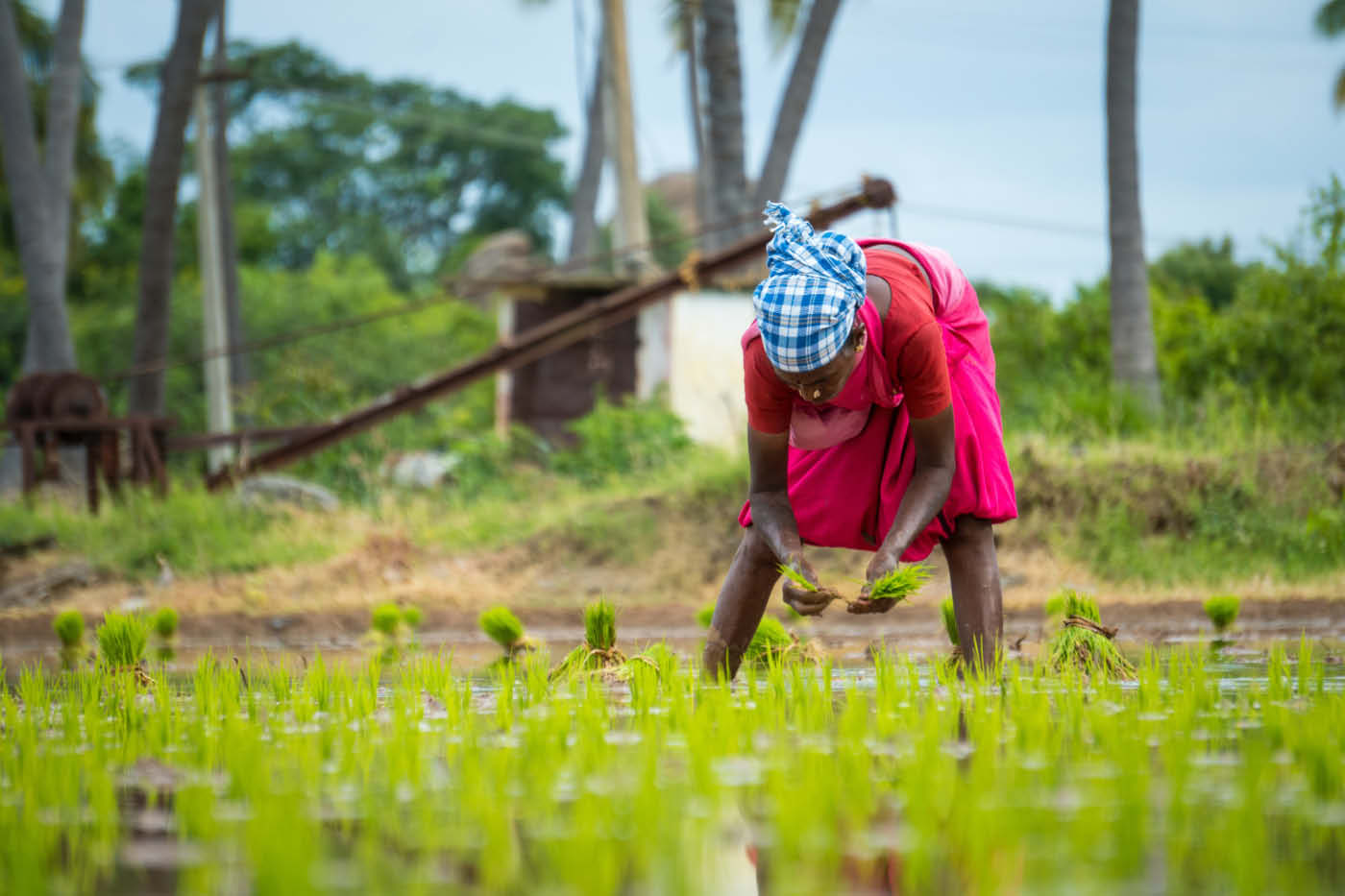In a move that has sent shockwaves through the global food markets, India, the world’s largest rice exporter, has ordered a halt to its largest rice export category. The decision to ban non-basmati white rice comes in response to a 3% surge in retail rice prices within a month after heavy monsoon rains wreaked havoc on the country’s crops.
India’s role as a major player in the world rice market cannot be understated, accounting for more than 40% of global rice exports. The current low inventories with other exporters, coupled with the aftermath of Russia’s invasion of Ukraine and unpredictable weather patterns, have already put immense pressure on food prices worldwide.
“The sudden ban on exports would be very painful for the buyers, who can’t replace the shipments from any other country,” warned B.V. Krishna Rao, President of the Rice Exporters Association.
The category affected by the ban, non-basmati white and broken rice, constituted approximately 10 million tons of Indian rice exports last year. However, the government clarified that parboiled rice, representing 7.4 million tons of exports in 2022, is not included in the restriction.
Authorities stated that the export halt aims to ensure sufficient availability of non-basmati white rice in the Indian market while addressing the rise in domestic prices, which have surged by 11.5% over the past 12 months.
African countries, including Benin, Senegal, Ivory Coast, Togo, Guinea, and others, will be among the hardest hit by India’s decision. These nations heavily rely on Indian rice exports to meet their food demands.
Global rice prices are already at an 11-year high, and this latest development is expected to exacerbate food inflation concerns further. Buyers may consider turning to Thailand and Vietnam for rice supplies, but their 5% broken rice could cost a staggering USD 600 per metric ton, cautioned European traders.
As the ban takes effect, the world watches closely how this decision will impact the rice market and the economies of nations grappling with rising food prices.



